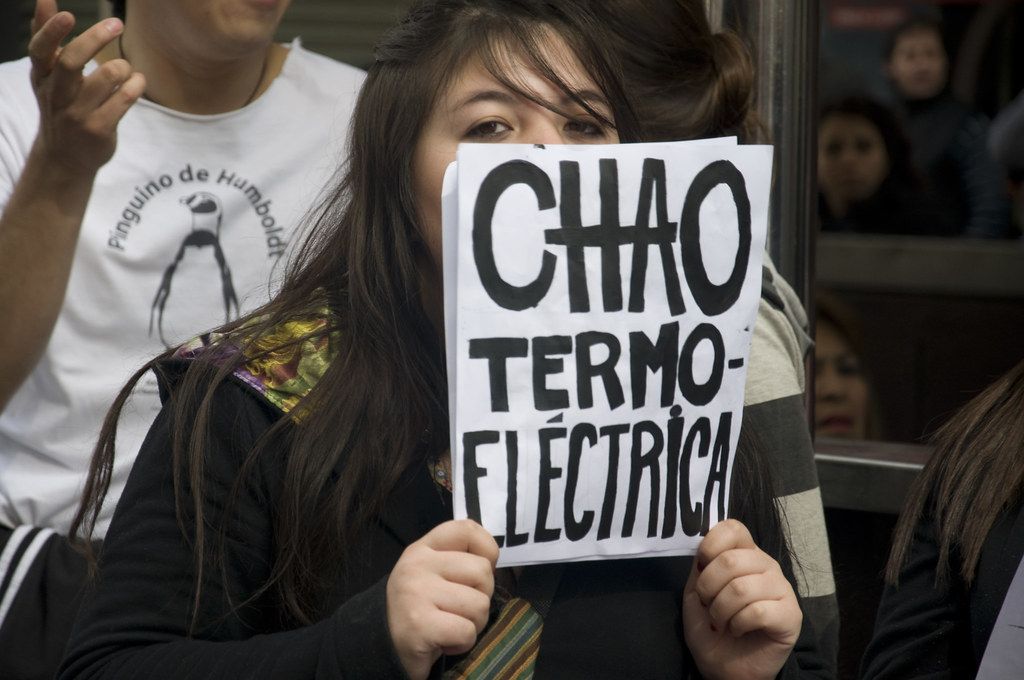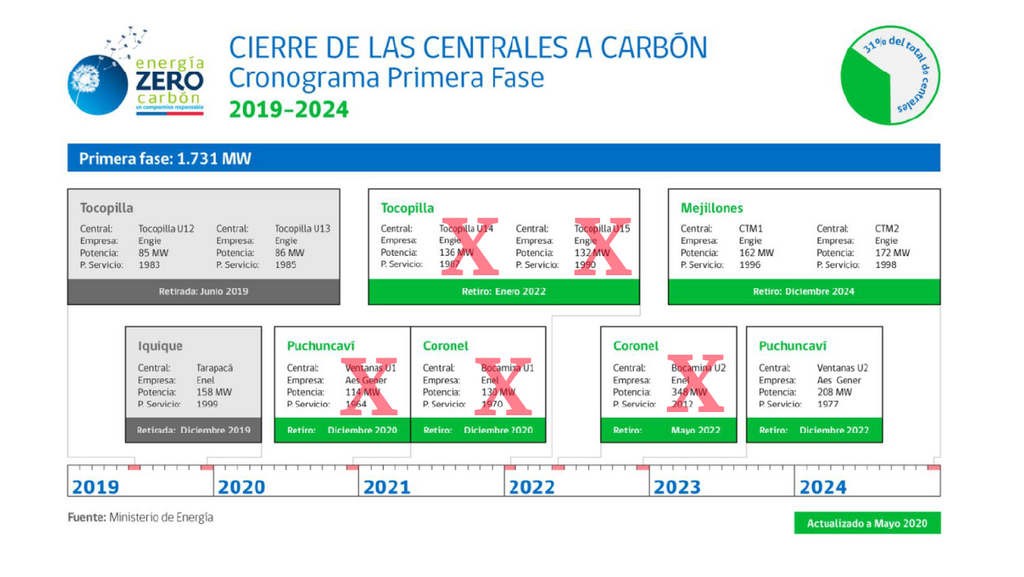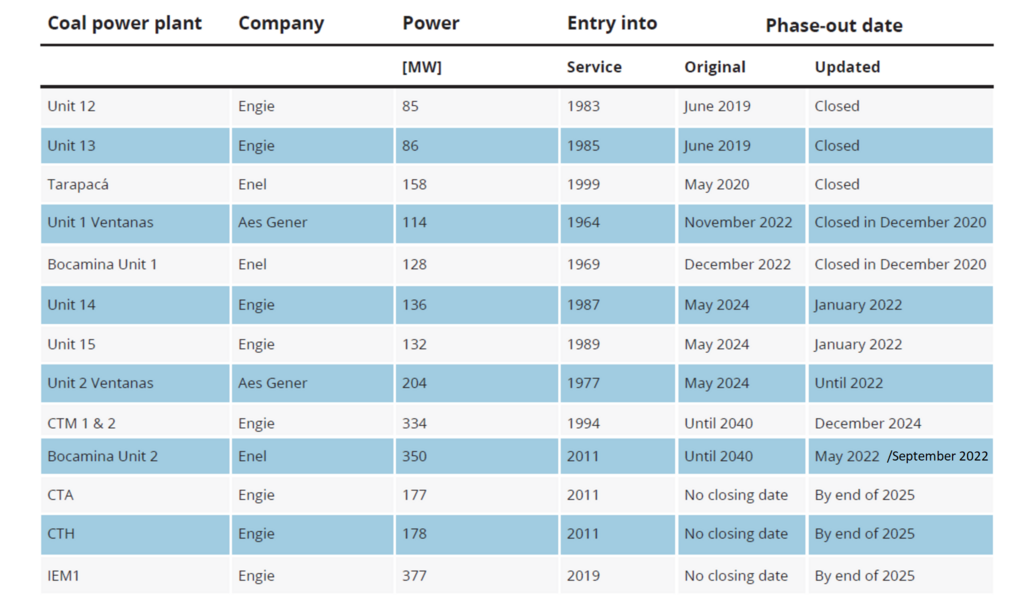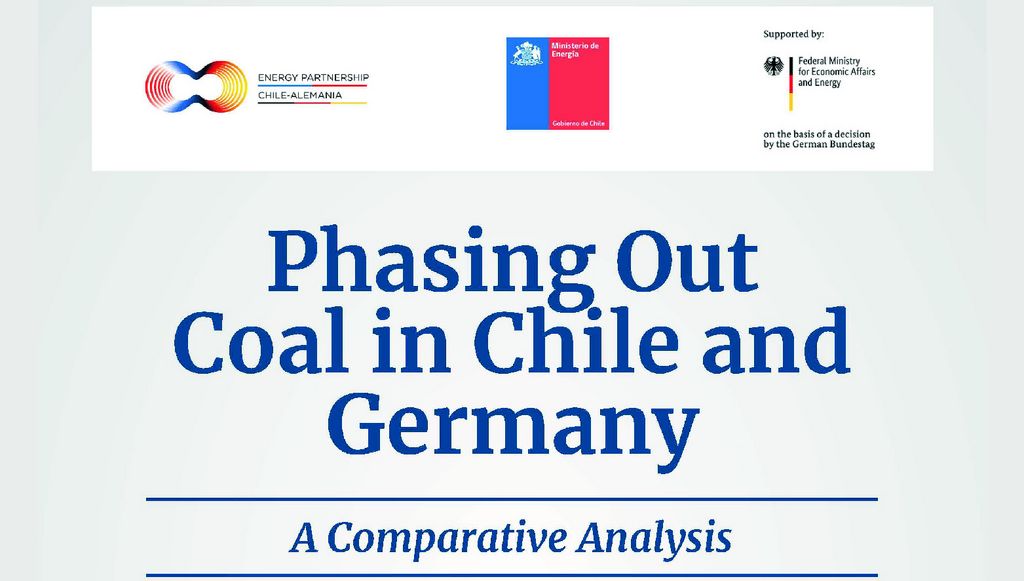“Coal exit” is a buzzword in the international energy transition. Since the world’s first coal power station went into operation in 1882, coal has been the world’s primary source of energy for generating electricity. Accordingly, coal demand for electricity production has grown enormously in recent decades and is currently responsible for some 20 per cent of global anthropogenic GHG emissions.
With such an immense GHG footprint, the continued use of coal is not compatible with the need for rapid decarbonization. More importantly, given progress in the development of renewable technologies, including associated cost reductions, continued reliance on coal generation is economically irrational.
While the rate of coal power capacity expansion is still exceeding that of plant closure, the actual utilization of the ever-growing coal fleet has been shrinking. Since 2018, this has led to a reduction in global coal generation of 7 per cent. Against the backdrop of the pandemic induced economic crisis, the increasing competitiveness of renewable generation, and policy action to spur green economic recovery, the demise of coal seems unavoidable.
This is good news for the climate and the overall efficiency of our economies. But the structural changes associated with exiting coal can be profound. For this reason, policymakers must work to reconcile the conflicting interests of investors, workers, and communities.
In this study, developed between Agora Energiewende, GIZ, Berlin’s Ecologic Institute, and Chile-Germany’s Energy Partnership, we analyse the experiences that Chile and Germany have gathered in this area to distil lessons for policymakers needing to navigate the challenges of exiting coal in their own countries.
Key findings at a glance:
- Phasing-out coal is an inevitable and profound structural change that must be managed carefully, involving stakeholders from affected regions. An early and comprehensive engagement of interested parties allows the reconciliation of diverging interests – defining adequate measures for a just transition and lasting stakeholder support.
- Substituting coal with renewable electricity is key for direct and indirect electrification strategies to transform national and international energy markets. Sound energy planning and an effective and adaptive policy framework with a focus on supply- and demand-side flexibility will ensure the suc-cess and efficiency of the process
- A consensual vision and strategy for exiting coal is a political and economic signal that provides attractive investment opportunities. Agreements must be solid as well as flexible to adapt to rapid changes in technology, investment behaviours, and climate policies.
- Investors are ready to embrace the opportunities and business models offered by the decarbonization of energy systems. As costs of renewable energy technologies continue to fall, the roll-out of a smart, digitized, decentralized, flexible, and renewable energy system represents an attractive economic growth opportunity for investors and nations.










